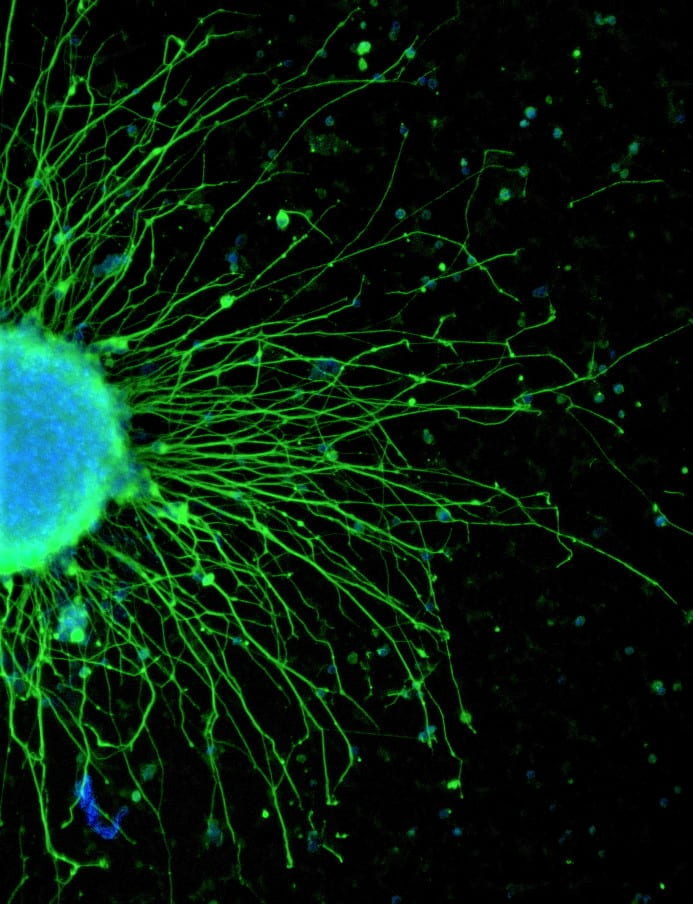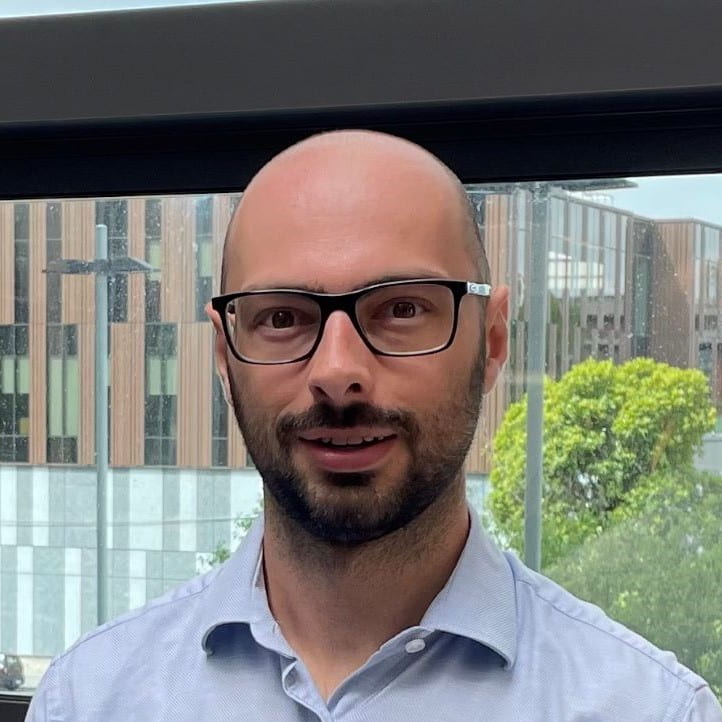An in vitro organoid model of spinal cord injury to accelerate the translation of basic science to successful clinical outcomes
Spinal cord injury is a devastating condition that significantly compromises quality of life. Currently, there are few treatment options available and the body’s natural healing mechanisms are generally not enough to provide significant recovery in severely injured patients. Emerging evidence suggests that targeted electrical and chemical stimulation have the potential to promote healing.
This project is focussed on developing a cell-based model that can be used to test what types of electrical and chemical stimulation are the most promising candidates for further investigation in pre-clinical trials. To enable testing of large number of new treatments there is a critical need for non-animal models that closely replicate human spinal cord injury. This project addresses that unmet need by using human stem cells to grow ‘mini-brains’, or organoids, that form structures similar to the human spinal cord. These model spinal cords can then be damaged and used to test how new treatments promote healing.
This project is part of a wider research program that aims to develop a treatment for spinal cord injury through the use of an implantable bioelectronic device. The outcomes from this project will be translated into the on-going and future development of this implant.
Principal Investigator: Dr Brad Raos
Contact email: b.raos@auckland.ac.nz
Collaborators: Assoc Prof Darren Svirskis; Dr Simon OCarroll (Spinal Cord Injury Research Facility)
Status: Ongoing
Funding: Neurological Foundation First Postdoctoral Fellowship
Principal Investigator: Dr Brad Raos
Contact email: b.raos@auckland.ac.nz
Collaborators: Assoc Prof Darren Svirskis; Dr Simon OCarroll (Spinal Cord Injury Research Facility)
Status: Ongoing
Funding: Neurological Foundation First Postdoctoral Fellowship

